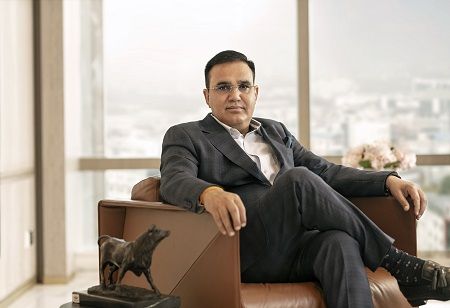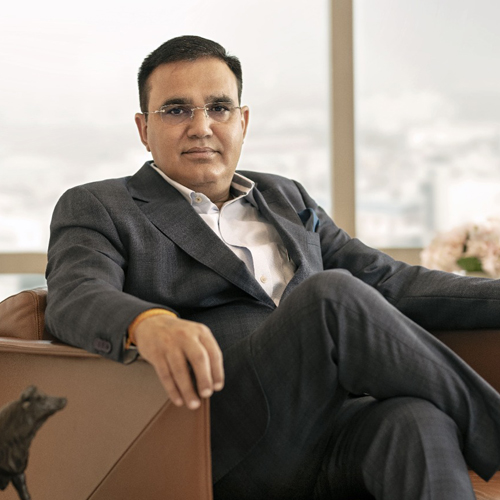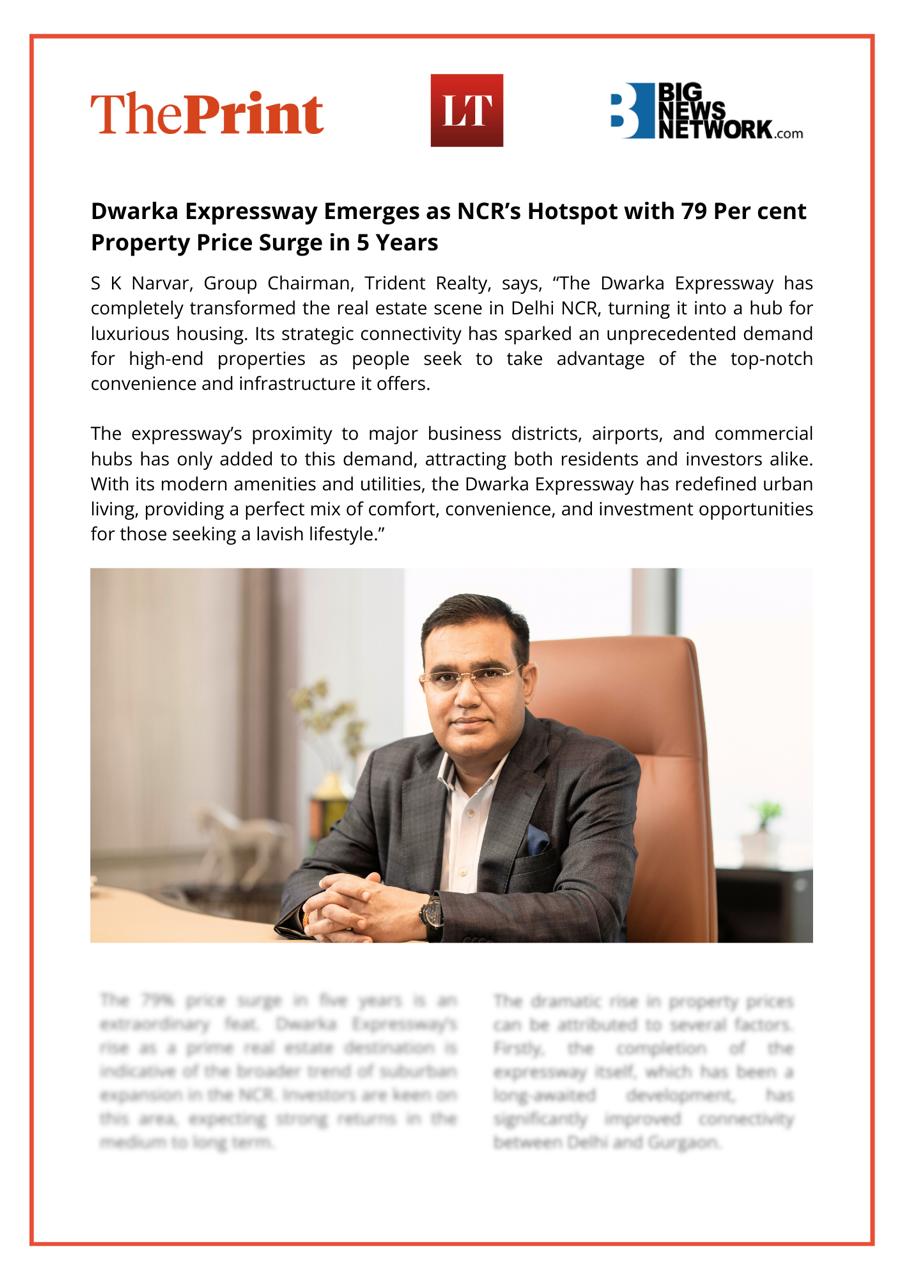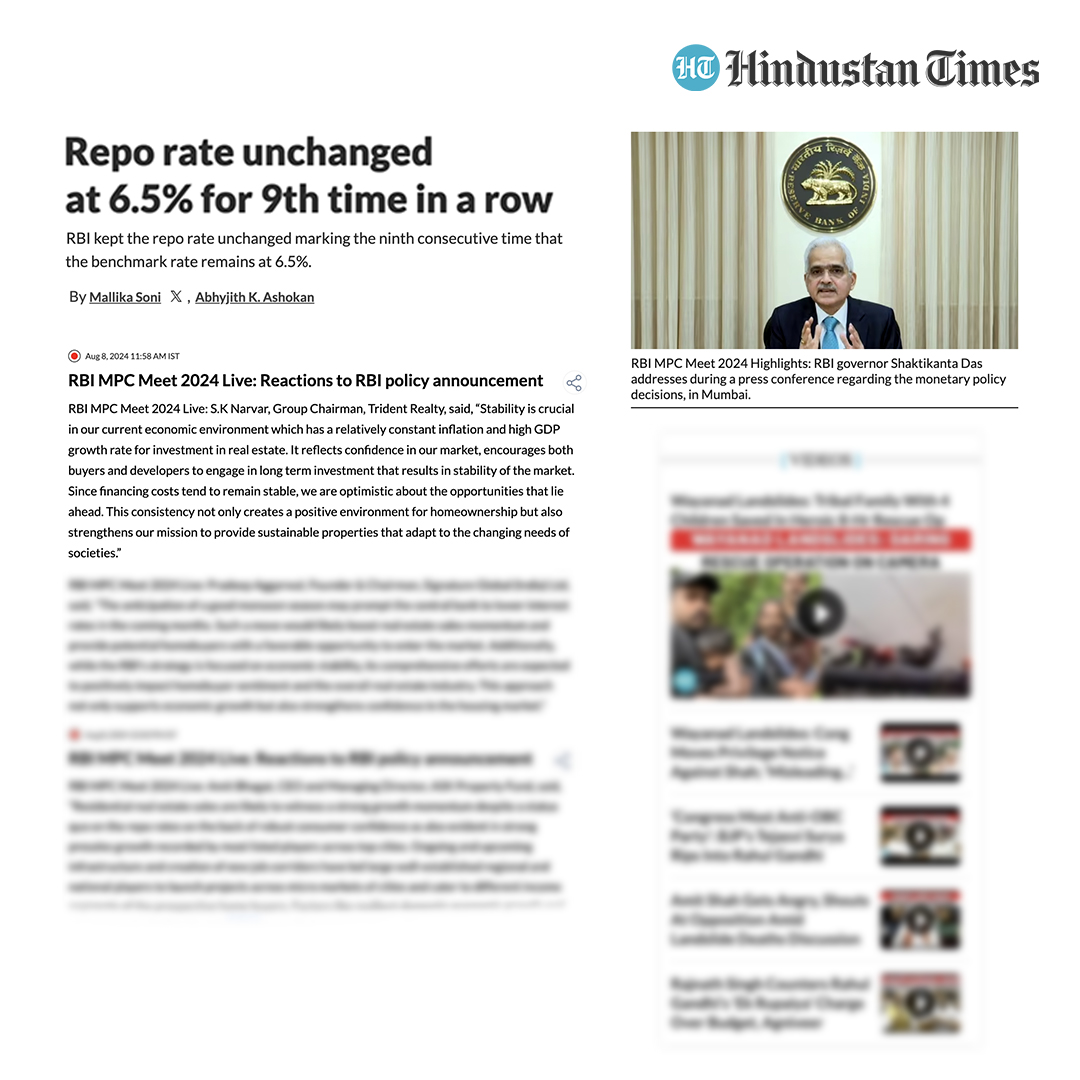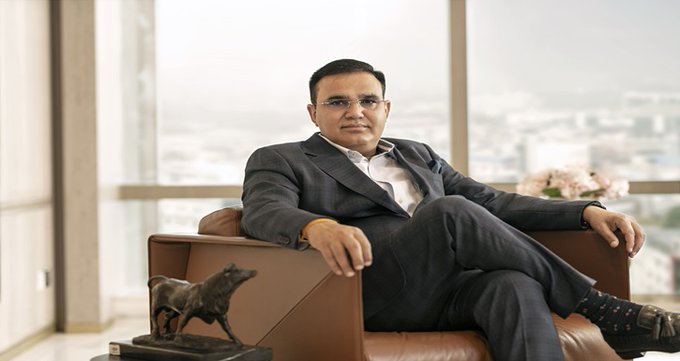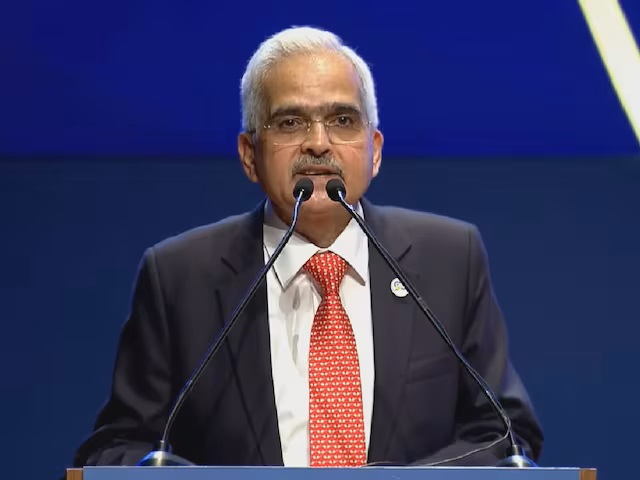Zomato issue has given confidence to Indian start-up entrepreneurs that local investors, especially small & retail investors, are ready to pour capital into their wealth creation journey, says Capital India Corp chairman SK Narvar.
On the recent successful listing of Zomato IPO, we spoke to Shri SK Narvar, Chairman, Capital India Corp. According to Mr Narvar, Indian bourses will welcome local internet and tech companies with equal enthusiasm as traditional companies like manufacturing, FMCG, etc.
Excerpts of Interview:
Q – Zomato IPO was a spectacular success. What is the reason behind it?
S K Narvar: Zomato is the first Indian unicorn internet company listed in the Indian stock exchanges. During the build-up to the IPO, there were sceptical views about how a company can unprofitable get such valuations. However, the market response has proven that both Indian institutional and retail investors have faith in the company’s story.
Till a company has a genuine and transparent path to profitability coupled with a strong leadership team, demonstrated ability to scale up, and a product that consumers love, investors are ready to give it time. Globally, internet companies like Amazon, Google, FB and many Asian counterparts have taken decades to turn profitable. However, the roadmap was transparent and honest.
Q – Do you see a shift in the Indian public equities space?
S K Narvar: Zomato issue has given confidence to Indian start-up entrepreneurs that local investors, especially small & retail investors, are ready to pour capital into their wealth creation journey. It is a validation that Indians have matured to understand the internet and tech-driven disruptive business models, creating sustained and significant wealth in the long term.
Traditional valuation metrics of PE returns may need to be relooked at, although profitability and market-share leadership are non-negotiable for any good and healthy business. Previously, significant investments were required for capital like plant and machinery, buying raw materials, captive resources like mines, power plants, etc. For internet companies, capital needs to be deployed towards changing consumer habits, marketing, and product development.
Q – What is the message for India Inc.?
S. K Narvar: As a business leader, I have invested in quite a few tech and internet-driven start-up businesses – Fuel-Buddy, Rapipay & Credenc, while few others are under consideration. Capital India Finance Limited (CIFL), promoted by me, is the listed NBFC which is a young venture though much mature than a start-up.
I believe digitization will be a crucial strategy for customer delight and product delivery in the future. And internet and tech companies will be key enablers either on their own or while partnering with other companies. India will also see many internet and tech companies going public, which is a validation of their business model and Indian investors being ready to invest in frictionless capital.
Q – The IPO got an overwhelming response. What was the reason?
S K Narvar: I think India is undergoing a fundamental change under dynamic and fresh leadership of PM Narendra Modi. The country will provide young entrepreneurs and first-generation businesses with every opportunity to grow, democratising wealth creation. The first lesson is that we will no more limit Indian capitalism to a few industrial families as in the past.
Second, in the 25-30 years of age, young and aware investors are new participants in the economy, and they are ready to experience and then invest in such internet companies. For example, a report from Paytm Money said 22% of the applicants in their platform were below 25 and 60% below 30 years on the first day of the IPO application launch. I am sure these investors would have ordered meals in the company app and then invested in the shares.
Q – What are the future of such internet and tech-enabled companies?
S K Narvar: As mentioned initially, the company needs to continuously move towards profitability, be cash positive, and deliver shareholder returns. It will be a real test as any failure or slip will take away the confidence from the internet and new start-ups in the near future and the long term. However, investors need to be patient and have the ability to digest the risks involved.
Internet and first-generation companies demonstrate higher entrepreneurial risk-taking, find a customer need-gap and quickly deliver a product that solves a genuine pain-point. The ability to deliver it in a tech-enabled, app-oriented manner with speed and scale is a winner. With higher mobile penetration and internet reach, I see digital solutions gaining traction alongside physical stores and less-human touch customer solutions. However, we can never ignore old ways of doing business in a transparent, honest and fair manner with due importance to shareholder returns and stakeholder responsibility.




